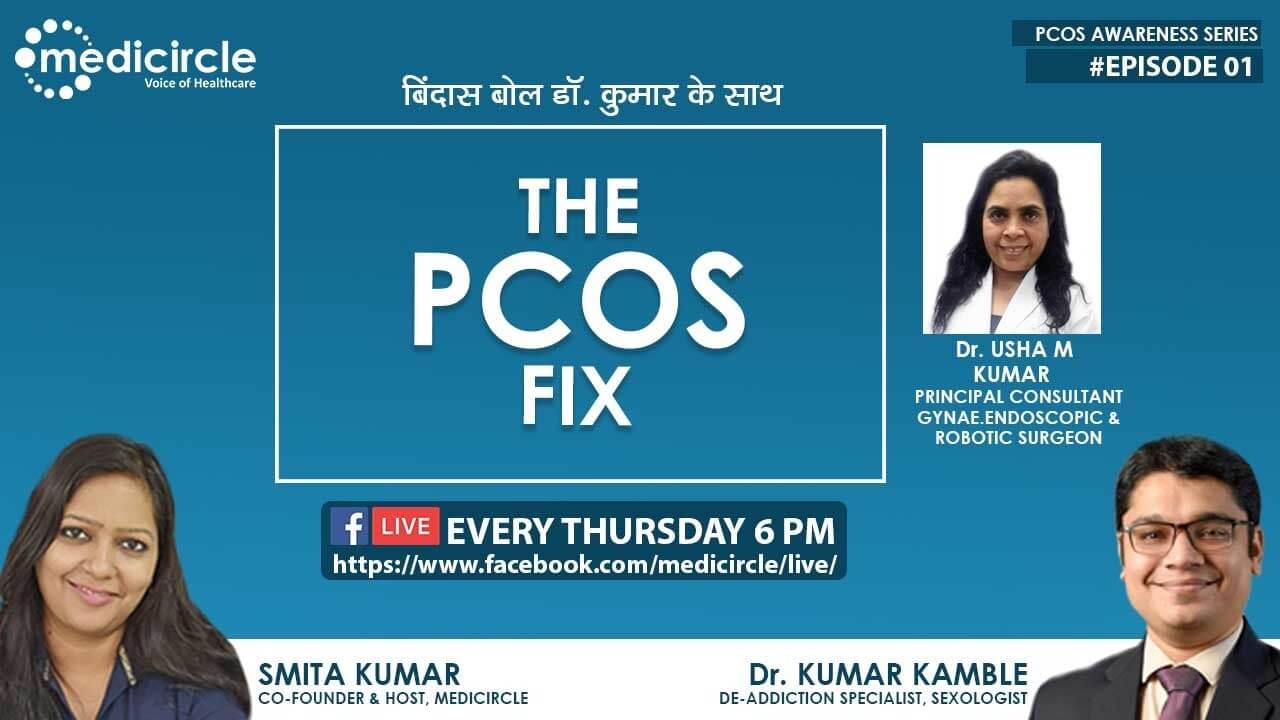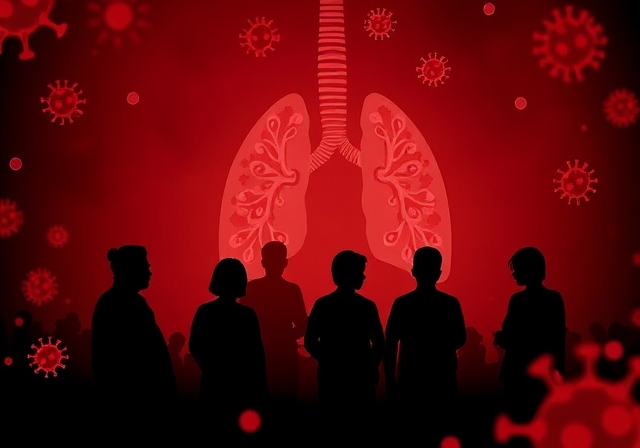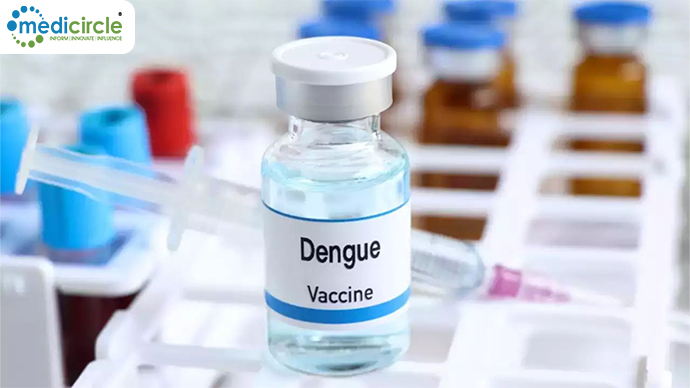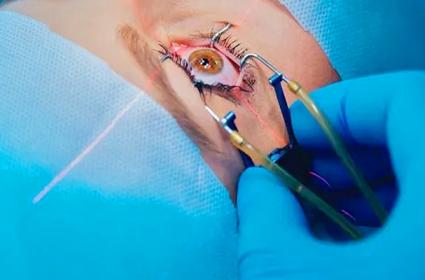Polycystic ovary syndrome (PCOS) is a condition that affects a woman's hormone levels. PCOS is a hormone problem that affects women during their childbearing years (ages 15 to 44). Between 2.2 and 26.7 percent of women in this age group have PCOS.
Many women have PCOS but are not aware of it. In one study, up to 70 percent of women suffering from PCOS were not diagnosed.
Women with PCOS produce higher-than-normal amounts of male hormones. This hormone imbalance causes their body to skip menstrual periods and makes it harder for them to get pregnant.
PCOS causes hair growth on the face and body and also leads to baldness. And it can contribute to long-term health problems like diabetes and heart diseases. Birth control pills and diabetes drugs can help fix the hormone imbalance and improve symptoms.
Doctors believe that there is some reason for PCOS, which is that high levels of male hormones prevent the ovaries from producing hormones and making eggs normally. Genes, insulin resistance, and inflammation have all been linked to excess androgen production.
Dr.Kumar Kamble is a professional sexologist and also a de-addiction specialist. Dr.Kamble has special expertise and experience in working with the King Edward Memorial Hospital in the Deaddiction center for 4 years.
Dr. Usha Kumar is a principal consultant Gynecologist, an endoscopic and robotic surgeon at Max Superspeciality Hospital, Delhi. He has performed more than 10000 endoscopic surgeries. He has done a Live Surgical Endoscopic Workshop at Max Saket Hospital.
Difference between PCOS and PCOD
Dr. Usha Kumar says, “ PCOS and PCOD are used synonymously. PCOS is a milder form and PCOD is with higher severity. PCOS is full-fledged symptoms like
Irregular menses Delayed menses for 2 -3 months Weight gain Infertility with the inability to conceive The ovarian cyst which cannot release eggs Hormonal imbalance An increase in male hormone leads to obesity Fat deposition in the tummy Pigmentation Oily acne skin
This is very common in 1 out of 8 female patients.
PCOS obesity and weight gain
Dr. Usha Kumar informs, “ PCOS increases belly fat which is resistant in patients. This is mainly due to insulin resistance. Insulin is a hormone that controls blood sugar levels. Insulin becomes resistant in PCOS and the need for insulin doubles up in PCOS to control blood sugar. To reduce the belly fat, follow these tips-
Control diet Do exercise Consult a gynecologist Take some of Insulin Resistor
This helps reduce body weight and reverse the problem of PCOS. Insulin Resistor definitely helps.
PCOS changes in females
Dr. Usha Kumar says, “PCOS causes following changes in the females-
Weight gain in teenagers Hirsutism Facial hair Acne Irregular periods Delayed periods Scanty or heavy periods
If PCOS is left untreated, it may cause following complications such as-
Diabetes Hypertension High cholesterol Heart disease Infertility and unable to conceive in married females Changes in ovaries Oral contraception may cause further weight gain
Rx for PCOS
Antioxidants Insulin resistor Diet, protein-rich diet, cut down on carbohydrate Follicular monitoring ultrasound Egg monitoring process in married couples Laparoscopic Ovarian Drilling- helps release the small eggs in ovaries through small punctures and helps new eggs grow in the ovary and 80 %of the patients conceive with this procedure within 4 months.
Aging and PCOS
Dr. Usha Kumar informs, “We cannot cure PCOS but control it with the right treatment at the correct time. With aging, the effects of PCOS are reduced. It is important to take care of PCOS symptomatically. Consult your gynecologist to control PCOS and avoid long-term worsening and effects. Like high cholesterol, DM, HTN can cause you to be at high risk of heart disease.”
PCOS affects sexual life
Dr. Usha informs, “PCOS does not directly affect the sexual life of the patient. Just because you have the following symptoms like acne, loss of hair, facial hair may cause low self-esteem. In such cases, you are not happy with yourself and your own body. Married women may have to deal with frustrating situations if they are unable to conceive. This low self-esteem may affect them directly.
Dr. Kumar Kamble says, “Low self-esteem may cause -
Depression Hopelessness Mood swings Mental health problems Lack of sexual desire Lack of attraction Disruption of reproduction function Lack of pleasure Hormonal imbalance Unable to conceive may cause frustration Mentally unhealthy Lack of enthusiasm.”
Efficacy of hormonal birth control pills in PCOS
Dr. Kamble says, “ Hormonal birth control is indicative as and when required along with lifestyle modifications. PCOS and PCOD is a lifestyle disorder and needs lifestyle modifications due to hormonal imbalance.”
Break the PCOS cycle
Dr. Usha informs, “PCOS is very common due to lifestyle changes like-
Stress Sedentary lifestyle Eating junk food Genes
To break this cycle-
Consult the gynecologist Reduce weight with diet, exercise, and insulin resistor Reduce 5 kg weight Regular healthy lifestyle Exercises release endorphins and happy hormones Bring positivity to life Stay away from negativity Take doctor’s help Treatment can help
These factors will reverse the cycle. This can help you symptomatically and help to revert the problem of PCOS.
(Edited by Dr.Rati Parwani)

 Dr. Kumar Kamble and Dr. Usha Kumar in an exclusive discussion with Medicircle inform the PCOS and PCOD about the effects and changes in female patients both mentally and physically. They share some valuable insights on how to improve PCOS and PCOD with lifestyle modifications and healthy life.
Dr. Kumar Kamble and Dr. Usha Kumar in an exclusive discussion with Medicircle inform the PCOS and PCOD about the effects and changes in female patients both mentally and physically. They share some valuable insights on how to improve PCOS and PCOD with lifestyle modifications and healthy life. 








.png)
.png)
.jpg)








.jpeg)

.jpeg)










.jpg)




.jpg)

